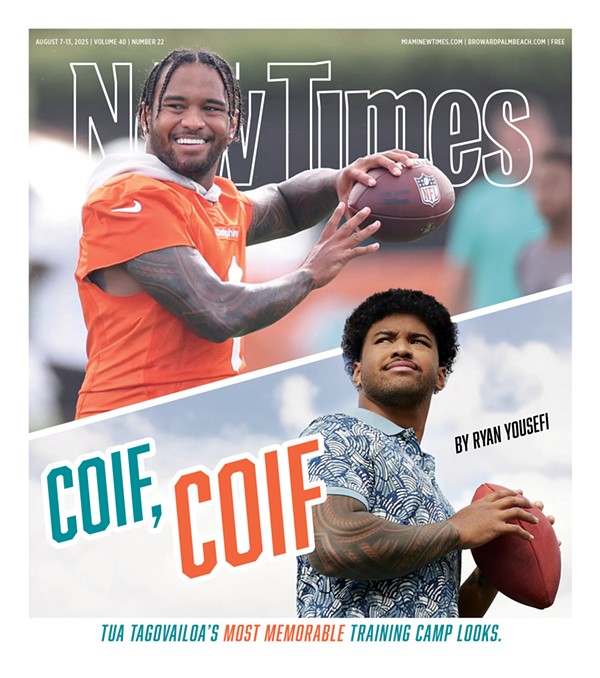Fulfilling a mission that has consumed her for almost two decades, Glenn Close — as producer, co-writer, and lead — brings to the screen the titular character, a woman who passes as a man in 1890s Ireland, a role for which she won an Obie in 1982. The result of this passion project: getting to look like Bruce Jenner in a bowler and high starched collar. Close's prosthetic makeup renders her face too immobile, a marked contrast with her unfixed accent; both highlight the pitfalls of a star's idée fixe. It's a shame, because the material — based on a novella by George Moore published in the 1927 collection Celibate Lives — deserves better. A punctilious butler at a Dublin hotel, Albert, who began his gender illusion at age 14 for economic and physical survival, can no longer remember his birth name. A friendship with house painter Hubert Page (Janet McTeer), also deploying a female-to-male masquerade but enjoying a not-so-celibate life with a seamstress spouse, convinces lonely, pence-pinching Albert to pursue his dream of petite bourgeois propriety: opening a tobacco shop and trying to persuade a pretty hotel co-worker (Mia Wasikowska) to be his bride. But the characters' daring choices, made so as not to live "without decency" — that is, as penniless, unattached women in the late-Victorian era — are always undercut by Close's too-conventional stunt performance.

Audio By Carbonatix
[
{
"name": "GPT - Billboard - Slot Inline - Content - Labeled - No Desktop",
"component": "22004575",
"insertPoint": "2",
"requiredCountToDisplay": "2"
},{
"name": "STN Player - Float - Mobile Only ",
"component": "22595215",
"insertPoint": "2",
"requiredCountToDisplay": "2"
},{
"name": "Editor Picks",
"component": "17482312",
"insertPoint": "4",
"requiredCountToDisplay": "1"
},{
"name": "Inline Links",
"component": "18711090",
"insertPoint": "8th",
"startingPoint": 8,
"requiredCountToDisplay": "7",
"maxInsertions": 25
},{
"name": "GPT - 2x Rectangles Desktop, Tower on Mobile - Labeled",
"component": "23181625",
"insertPoint": "8th",
"startingPoint": 8,
"requiredCountToDisplay": "7",
"maxInsertions": 25
},{
"name": "Inline Links",
"component": "18711090",
"insertPoint": "8th",
"startingPoint": 12,
"requiredCountToDisplay": "11",
"maxInsertions": 25
},{
"name": "GPT - Leaderboard to Tower - Slot Auto-select - Labeled",
"component": "17720761",
"insertPoint": "8th",
"startingPoint": 12,
"requiredCountToDisplay": "11",
"maxInsertions": 25
}
]







